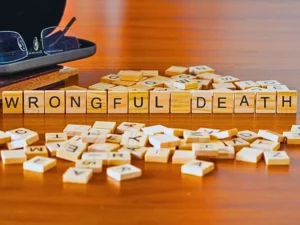Social media has become a part of our daily lives. Facebook, Instagram, Pinterest, Twitter, and other platforms make it easy to communicate vast quantities of information to our friends and family. These posts and pictures can also be used to call into question an individual’s personal injury claim.

Most people don’t think twice when posting information to social media sites. However, this information can be presented during trial. Most often, it is used to show that an individual’s injuries aren’t as severe as they have claimed.
“People rarely post negative information about themselves to social media. They want to present their best face to their friends/family. This means happy, smiling pictures when the shutter snaps. Unfortunately, these pictures can mask the very real pain and suffering an individual is going through. They often present a false picture of reality.” remarked Chicago personal injury lawyer Neal B. Strom.
The use of social media as evidence is evolving. For now, attorneys are required to pass a threshold of relevancy for the information they are requesting. This is a difficult, but not impossible bar to rise above. In order for social media posts to be admissible as evidence, a lawyer must be able to prove that the information casts reasonable doubt on a plaintiff’s claim.
“Social media posts can have very real consequences on a personal injury case. Individuals should know that even if the information is hidden behind privacy settings or deleted, it can still be subpoenaed and retrieved. This means that the safest way to use social media while pursuing a personal injury claim is to simply not use it at all,” commented Chicago personal injury lawyer Neal B. Strom.
Individuals who are pursuing personal injury claims should consult with their Chicago personal injury lawyer about their social media usage. In most cases, it is advisable to completely curtail any social media usage until after a claim or case has been resolved.






